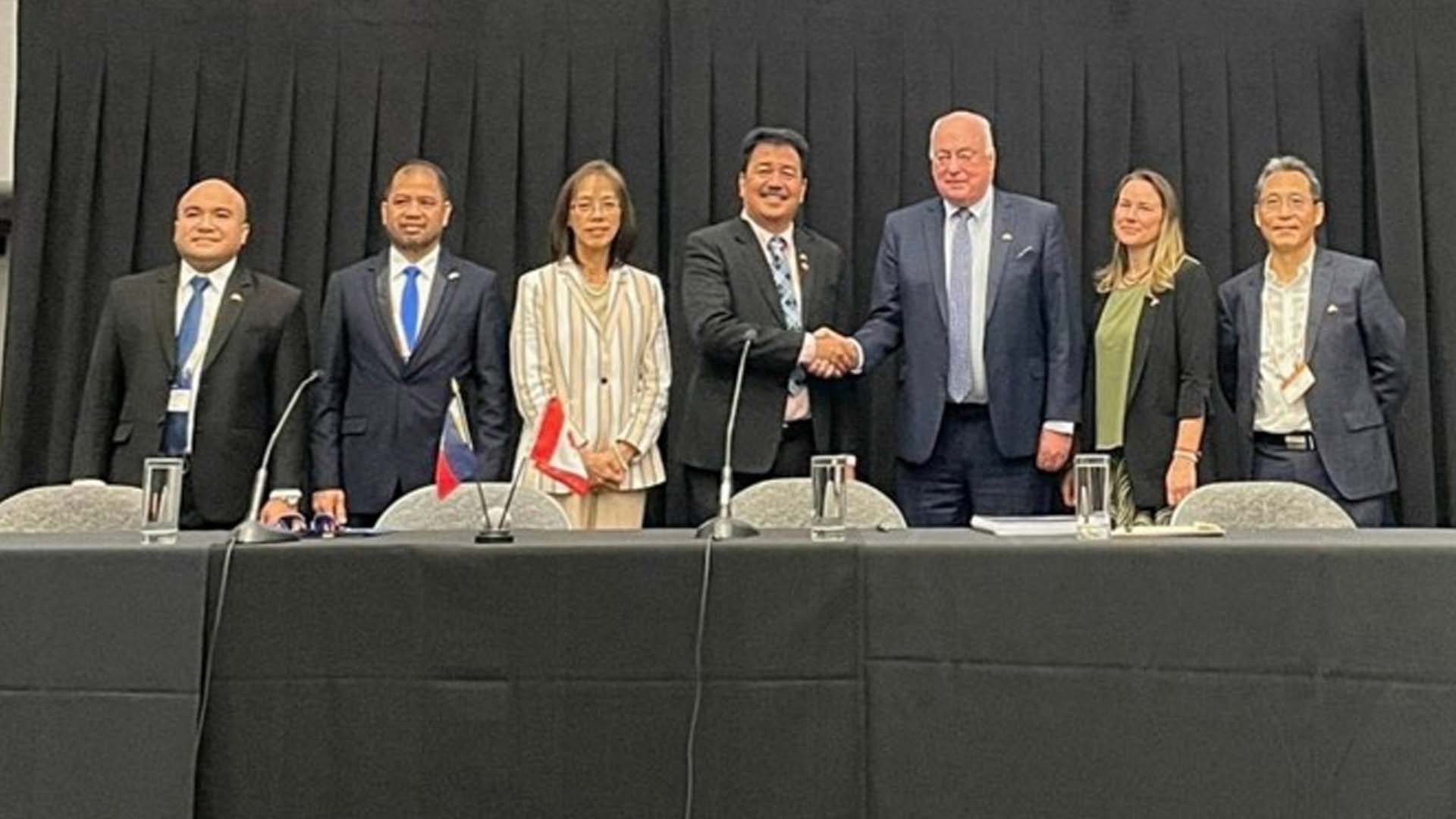More globally competitive aircraft graduates are expected to be produced in the country with the new partnership launched between the higher education institutions in the Philippines and Canada, the Commission on Higher Education (CHED) said Wednesday.
In a statement, CHED chairperson J. Prospero de Vera III said the signed memorandum of agreement (MOA) shows the administration’s progress in producing internationally-ready aviation professionals.
“This MOA signing is timely as we celebrate the first year of the Marcos (President Ferdinand R. Marcos Jr.) administration and a response to his call to produce world-class graduates that can practice their profession all over the world,” he said.
The MOA was signed between the Philippine State College of Aeronautics (PhilSCA) and the World Citi Colleges (WCC), in partnership with the British Columbia Institute of Technology (BCIT), during the British Columbia Council International Education Week 2023 Conference in Victoria, BC, Canada, on June 27.
The BCIT’s Aerospace Technology, located in Richmond, BC, is considered the largest aerospace technology school in Canada.
Aspiring aircraft maintenance specialists and avionics technicians are covered in the agreement.
Both the WCC and PhilSCA, meanwhile, expressed hope and gratitude for the upcoming opportunities for their student beneficiaries.
“The partnership between WCC and BCIT will produce internationally recognized graduates that will elevate the Philippines as Asia’s choice for aircraft maintenance,” WCC president Patrick Guico said.
PhilSCA president Marwin dela Cruz said, “We extend our heartfelt gratitude to the PhilSCA Board of Trustees for their unwavering support, the PhilSCA Management Team, and the PhilSCA-BCIT Project Team. Their dedication, tireless efforts, and hard work have been instrumental in making this partnership a reality.”
The MOA stemmed from a CHED-launched project called “Twinning and Training Program for a Ladderized Diploma Program in Aircraft Maintenance Technology (AMT).”
The AMT program leads students to a bachelor’s degree in Aircraft Technology between and among the three higher education institutions (HEIs), using a “globally-benchmarked curriculum.”
This means that various training and completion of studies may be done both in the Philippines and Canada.
“The graduates of this program will have both Philippine and Canadian credentials that will support the continuing growth of the airline industry in the Philippines and the Asian region,” de Vera said.
He said the move to secure a MOA is just part of the administration’s efforts to focus on the STEM (Science, Technology, Engineering, and Mathematics) curriculum.
“CHED’s presence… is the manifestation of our deep interest in further strengthening our close bilateral relationship with Canada in promoting the internationalization of HEIs and a signal that the Philippines is open for business for universities that are interested in transnational education,” he said.
Earlier, Marcos urged the basic and higher education institutions to further boost STEM programs to produce domestic and internationally-competitive graduates, as the country addresses the challenges of job mismatches. (PNA)




















